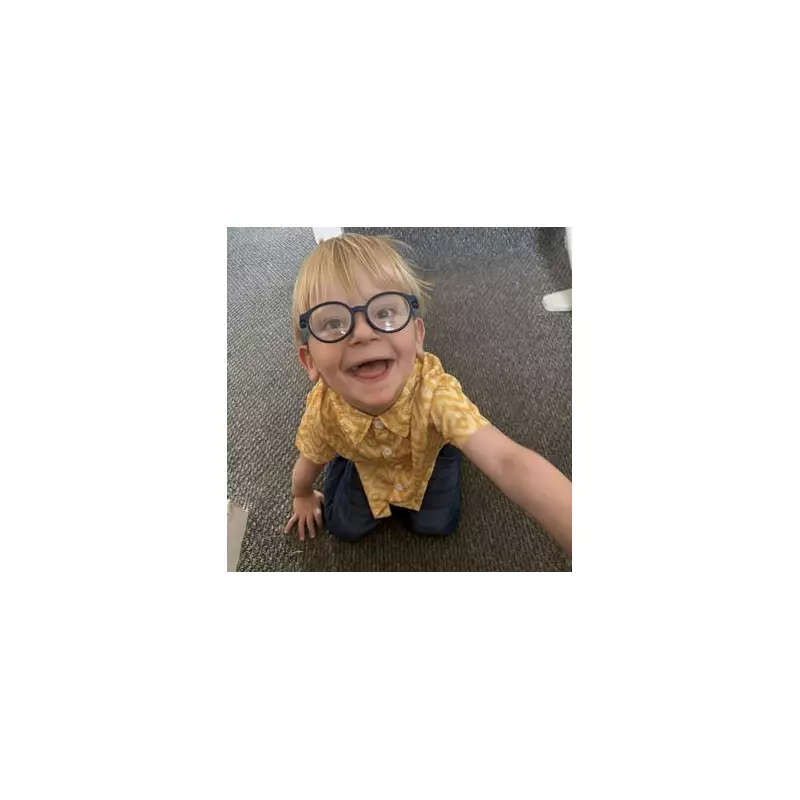
When little Leo Green began showing strange symptoms as a toddler, his mother Chloe embarked on what would become an 18-month medical odyssey through a labyrinth of misdiagnoses and dismissed concerns.
The first signs appeared subtle – unusual clumsiness, frequent falls that seemed more than just typical toddler stumbling. But as months passed, Leo's condition dramatically worsened, leaving his desperate parents fighting for answers in a system that seemed determined to label it as "just one of those things".
The Heartbreaking Decline
"He went from this happy, active little boy to someone who couldn't walk properly or even hold his head up," Chloe recalls, the pain still fresh in her voice. "We knew something was terribly wrong, but every professional we saw told us not to worry."
The Greens' nightmare intensified as Leo developed severe breathing difficulties during sleep, terrifying episodes that left his parents watching over him through the night, fearing the worst.
The Breakthrough Moment
The turning point came unexpectedly during a routine eye test. The optician noticed unusual movements in Leo's eyes and immediately referred him to specialists at Great Ormond Street Hospital.
There, after extensive genetic testing, the devastating truth emerged: Leo had Nystagmus with its secondary condition, a rare genetic disorder affecting his coordination, balance, and respiratory system.
Life After Diagnosis
While the diagnosis brought clarity, it also unveiled a challenging new reality. Leo requires constant monitoring, specialized equipment including a breathing monitor for nighttime, and ongoing therapy to manage his condition.
"Finally having a name for what he was fighting was both a relief and heartbreaking," Chloe shares. "We could finally understand what we were battling, but we also understood the long road ahead."
A Mother's Mission
Now, Chloe has become a powerful advocate for rare disease awareness, determined to ensure other families don't endure similar diagnostic odysseys.
"Parents know their children best," she emphasizes. "If your gut tells you something's wrong, keep pushing. Don't let anyone dismiss your concerns. Our persistence literally saved Leo's life."
Her message to healthcare professionals is equally passionate: "Please listen to parents. Take our concerns seriously. Sometimes the rarest conditions hide behind the most common symptoms."
The Green family's story stands as both a cautionary tale and an inspiration – a testament to parental intuition and the life-changing power of finally being heard.





